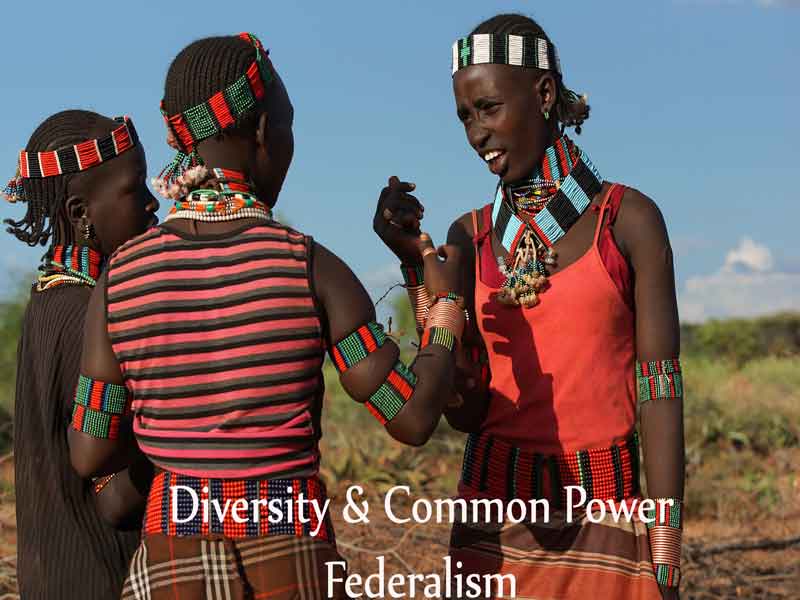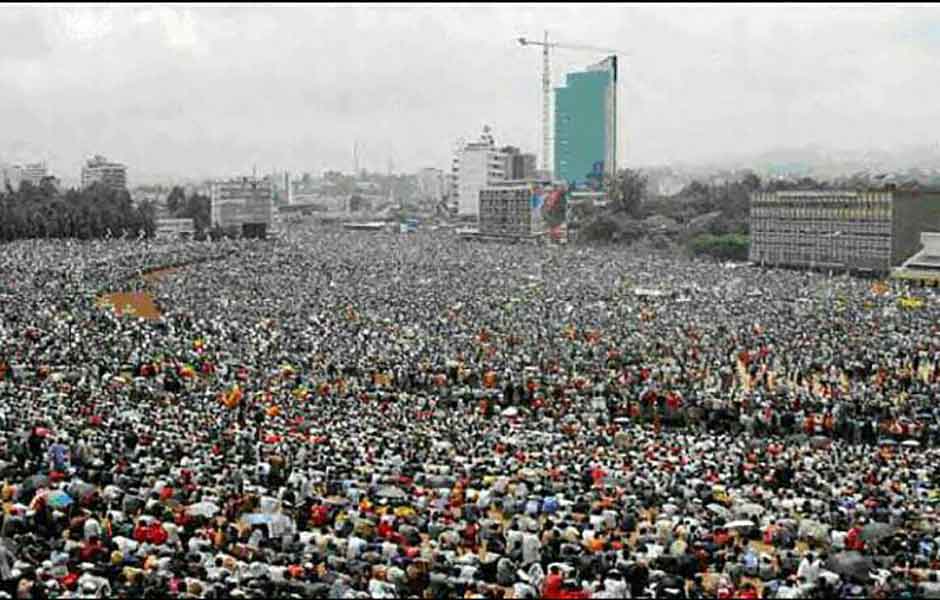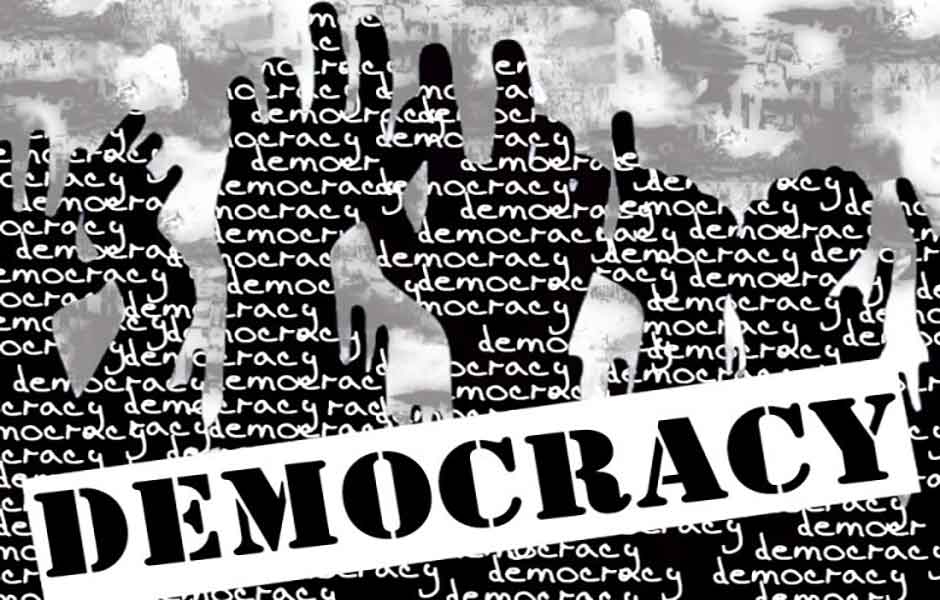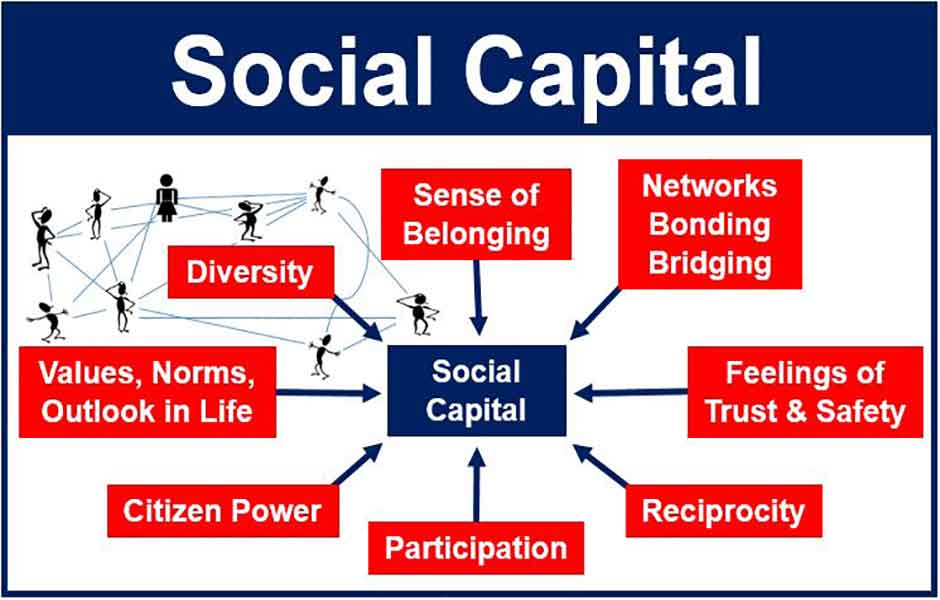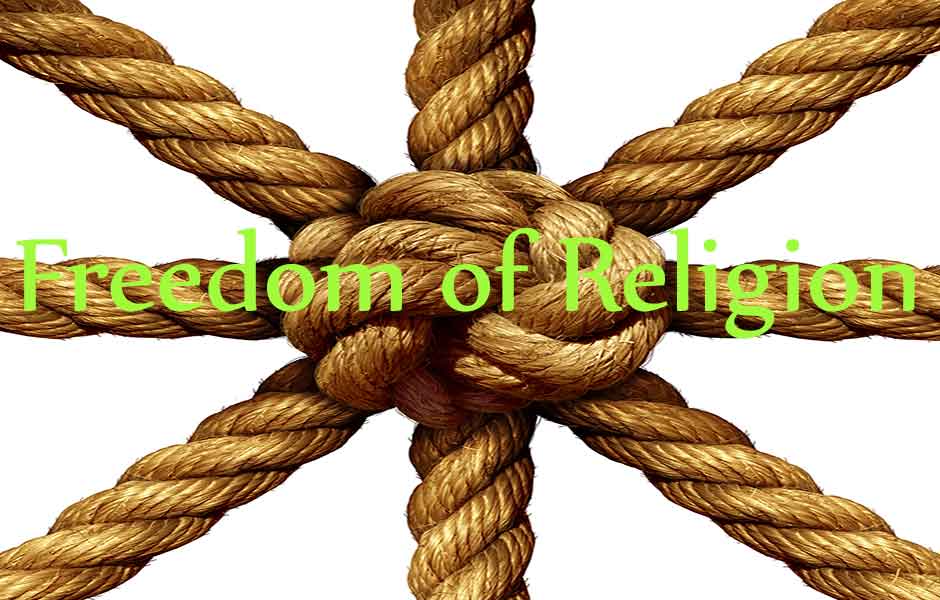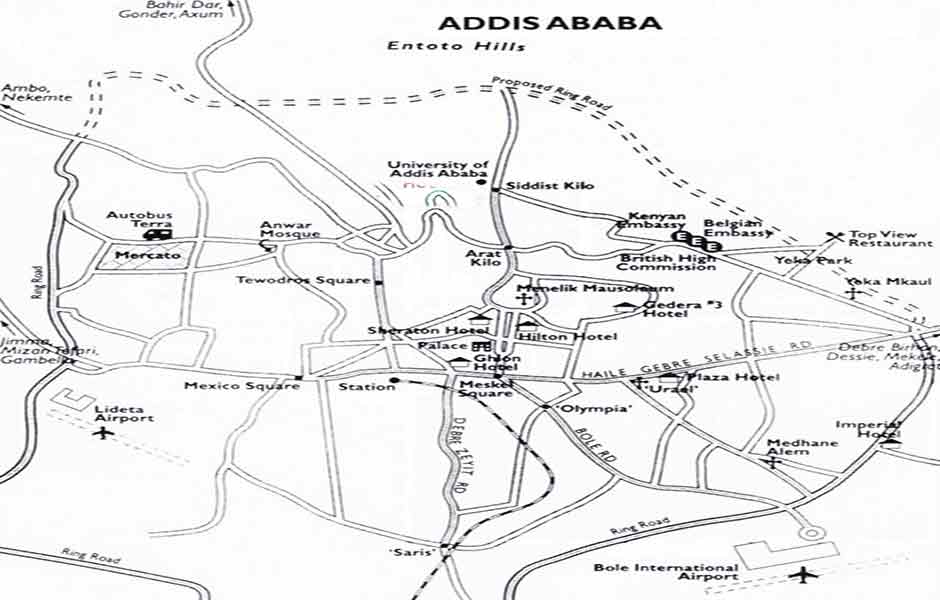Project Description
Unlike a dictatorship, a democratic government exists to serve the people, but citizens in democracies must also agree to abide by the rules and obligations by which they are governed. Democracies grant many freedoms to their citizens including the freedom to dissent and criticize the government.
Citizenship in a democracy requires participation, civility, and even patience.
Democratic citizens recognize that they not only have rights, they have responsibilities. They recognize that democracy requires an investment of time and hard work — a government of the people demands constant vigilance and support by the people.
Under some democratic governments, civic participation means that citizens are required to serve on juries, or give mandatory military or civilian national service for a period of time. Other obligations apply to all democracies and are the sole responsibility of the citizen — chief among these is respect for law. Paying one’s fair share of taxes, accepting the authority of the elected government, and respecting the rights of those with differing points of view are also examples of citizen responsibility.
Democratic citizens know that they must bear the burden of responsibility for their society if they are to benefit from its protection of their rights.
There is a saying in free societies: you get the government you deserve. For democracy to succeed, citizens must be active, not passive, because they know that the success or failure of the government is their responsibility, and no one else’s. In turn, government officials understand that all citizens should be treated equally and that bribery has no place in a democratic government.
In a democratic system, people unhappy with their leaders are free to organize and peacefully make the case for change — or try to vote those leaders out of office at established times for elections.
Democracies need more than an occasional vote from their citizens to remain healthy. They need the steady attention, time, and commitment of large numbers of their citizens who, in turn, look to the government to protect their rights and freedoms.
Citizens in a democracy join political parties and campaign for the candidates of their choice. They accept the fact that their party may not always be in power.
° They are free to run for office or serve as appointed public officials for a time.
° They utilize a free press to speak out on local and national issues.
° They join labor unions, community groups, and business associations.
° They join private voluntary organizations that share their interests — whether devoted to religion, ethnic culture, academic study, sports, the arts, literature, neighborhood improvement, international student exchanges, or a hundred other different activities.
° All these groups — no matter how close to, or remote from government — contribute to the richness and health of their democracy.

